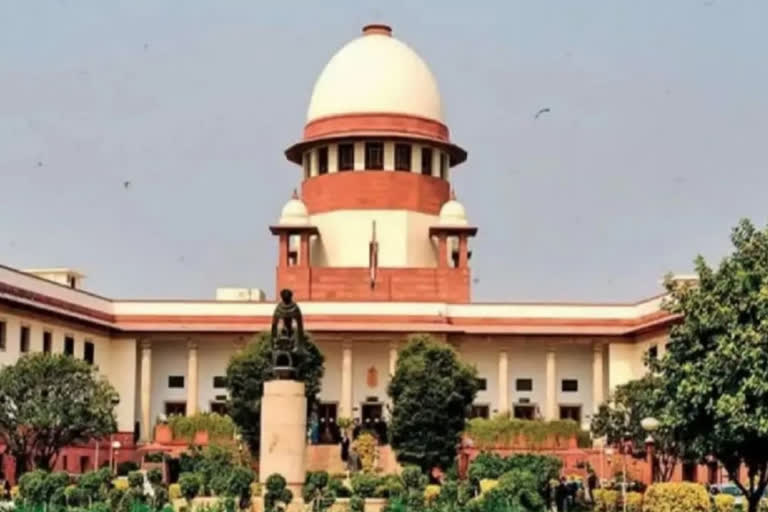New Delhi: The theory that the courts cannot or do not make laws is a myth which has been exploded a long while ago, the Supreme Court asserted on Thursday. A five-judge constitution bench headed by Justice KM Joseph stated this as it ruled that the appointment of the Chief Election Commissioner and ECs will be done by the President on the recommendation of a committee, comprising the Prime Minister, Leader of the Opposition in the Lok Sabha and the CJI, to maintain the "purity of election".
Justice Joseph, while penning the verdict, gave illustrations where the top court had resorted to giving directions, which had the colour of a legislation, if there was a void in law or no legislation. The judgement delved at length on the principles of separation of powers and judicial review as part of the basic structure of the Constitution.
It stressed that when a court declares a law or an amendment unconstitutional, it cannot be accused of transgressing the principle of separation of powers or not observing the limits set by the Constitution. The High Courts and this Court make Rules under the power granted to them. No doubt, they will be acting as delegates of the Legislature but the exercise of power in such cases would be legislative in nature.
"When an Ordinance is made under Article 123 by the Executive, that is, the Union of India, it is a case of the Executive exercising legislative power. When Parliament adjudges a man guilty of contempt of itself and punishes him, the proceedings are informed by the attribute of judicial power, it said. The theory that the courts cannot or do not make laws is a myth which has been exploded a long while ago, the judgement said. It said there was no strict demarcation or separation of powers in India as legislature and judiciary have been performing varying roles in a democracy.
